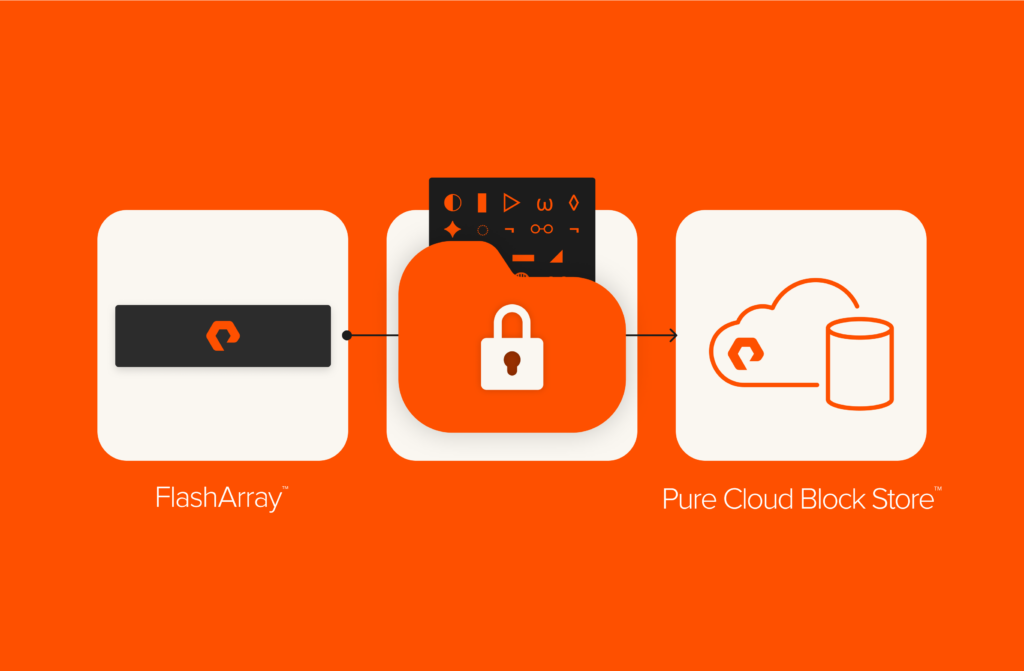In today’s digital landscape, enterprises are increasingly adopting cloud technologies to support their growing businesses and achieve scalability, flexibility, security, and cost-effectiveness. However, as organizations expand their cloud infrastructure across multiple providers, managing and securing data becomes a significant challenge. To address these concerns, companies are turning to multi-cloud storage solutions like Portworx® to build a secure and resilient storage backbone. In this blog post, we’ll explore the concept of multi-cloud storage, its benefits, and the ways Portworx can help enterprises achieve a robust and secure storage infrastructure.
What Is a Multi-cloud Storage Backbone?
A multi-cloud storage backbone provides the capability to store data across multiple cloud platforms simultaneously. Instead of relying on a single cloud provider, enterprises leverage different cloud services to achieve higher availability, performance, and flexibility, as well as better pricing. By distributing data across multiple clouds, organizations can avoid vendor lock-in, mitigate risks of service outages, scale globally, reduce latency, avoid downtimes, optimize costs, and improve security and compliance.
Benefits of Multi-cloud Storage
Here are some of the benefits multi-cloud storage provides:
- Enhanced data availability: Multi-cloud storage ensures data redundancy by distributing copies across multiple cloud providers. It improves the RTO and RPO. This redundancy minimizes the risk of data loss due to hardware failures, vendor downtimes, natural disasters, or cyberattacks.
- Improved performance: By leveraging multiple cloud platforms, enterprises can optimize data access and latency. Workloads can be placed across various cloud providers and regions that are geographically closer to end users, reducing network latency and enhancing overall performance.
- Cost optimization: Multi-cloud storage enables enterprises to take advantage of competitive pricing models offered by different cloud providers. By analyzing performance and cost metrics, organizations can select the most cost-effective storage options for different types of data.
- Vendor lock-in mitigation: Using multiple cloud providers eliminates dependency on a single vendor. This flexibility allows organizations to migrate workloads seamlessly and avoid service disruptions caused by provider-specific issues.
Building a Secure Backbone with Portworx
Portworx, a cloud-native storage platform, plays a crucial role in building a secure and scalable multi-cloud storage infrastructure for scaling enterprises and growing startups. Portworx’s powerful and unique container storage platform provides a unified storage layer for containers across any infrastructure. Its multi-cloud storage support and security features make it an ideal choice for organizations that need to store, scale, and secure their data across multiple clouds. Portworx nodes are deployed across your different clusters, and they work together to provide a single, coherent storage layer for your containers. This means that you can easily move your containers between different clouds without having to worry about the persistent storage attached to the container.
Conclusion
As enterprises increasingly embrace multi-cloud strategies, building a secure and scalable storage backbone becomes vital to their success. Portworx offers a comprehensive solution for organizations looking to deploy a robust infrastructure. By leveraging Portworx’s advanced features—such as data security, high availability, and automated data management—enterprises can achieve data resilience, performance optimization, and security across multiple cloud platforms. With Portworx as a trusted partner, organizations can confidently scale their operations, improve their security and compliance posture, and reap the benefits of multi-cloud storage in today’s evolving business landscape.
Written By:







